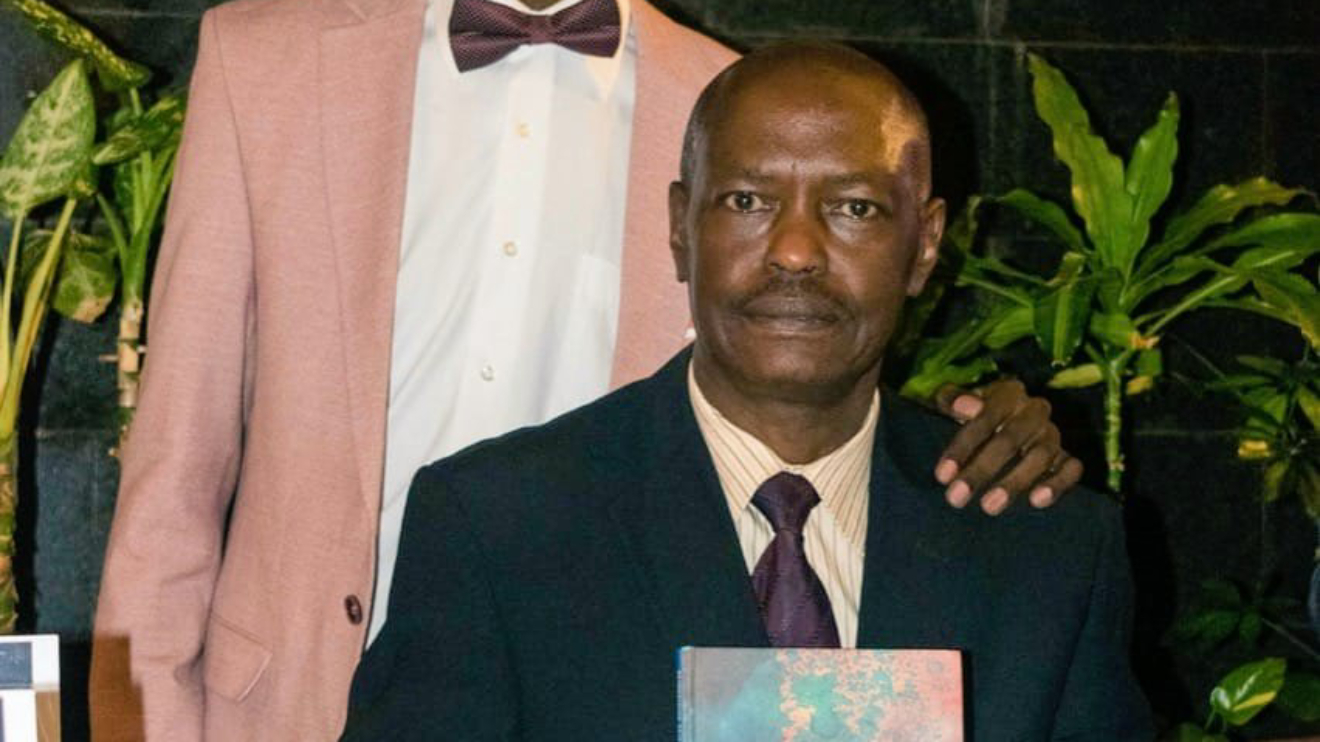President William Ruto has exercised his presidential prerogative of mercy by granting pardons to 37 individuals, including former KEMRI boss Davy Koech, who was serving a six-year sentence after being found guilty of corruptly obtaining Sh19.3 million.
The pardons were officially announced in a gazette notice dated July 21, as issued by Attorney General Justin Muturi.
In September 2022, Koech, the former managing director of the Kenya Medical Research Institute (KEMRI), was convicted of corruptly acquiring a significant sum of Sh19.3 million in public funds.
The trial court presided over by Magistrate Victor Wakumile, sentenced him to six years in prison.
Unwilling to accept this verdict, Prof Koech sought to challenge his conviction before the High Court.
Read More
However, in a ruling delivered by Justice Esther Maina, the High Court upheld the corruption conviction, stating that the former Kemri boss had failed to provide sufficient evidence demonstrating any errors made by the lower court in reaching its decision.
Consequently, the conviction and the six-year jail term were upheld.
Notably, the decision to pardon Davy Koech and the other 36 individuals comes at a time when President Ruto has also exercised his authority to commute all death sentences that were imposed before November 21, 2022. These death sentences have been converted to life imprisonment based on the recommendations put forth by the Power of Mercy advisory committee.
The commutation of death sentences is a significant move towards addressing issues surrounding capital punishment in the country.
The announcement of these pardons and commutations by President Ruto has stirred a mix of opinions among the public.
Some view it as a necessary step towards promoting restorative justice and reducing prison overcrowding, while others express concerns about the potential implications of the fight against corruption and the delivery of justice in the country.
The Power of Mercy advisory committee, whose responsibility is to review and advise the President on matters related to clemency, played a vital role in evaluating these cases before submitting their recommendations.
The committee's careful consideration ensures that only deserving cases are granted pardons or commutations.
As the pardoned individuals regain their freedom, and those with commuted sentences face the prospect of life imprisonment, the nation watches closely to see how this decision will impact crime rates and the perception of justice in the country.
It remains to be seen whether this move will have the intended effect of promoting rehabilitation and reintegration of offenders into society or if it will spark further debates on the efficacy of the criminal justice system.
The July 21 gazette notice marks a significant milestone in President William Ruto's exercise of his presidential powers and sets the tone for discussions on the criminal justice system's reform in Kenya.
As the public and various stakeholders respond to this decision, the government's commitment to upholding the rule of law and ensuring equitable justice will undoubtedly come under scrutiny.










-1757663582.jpeg)
